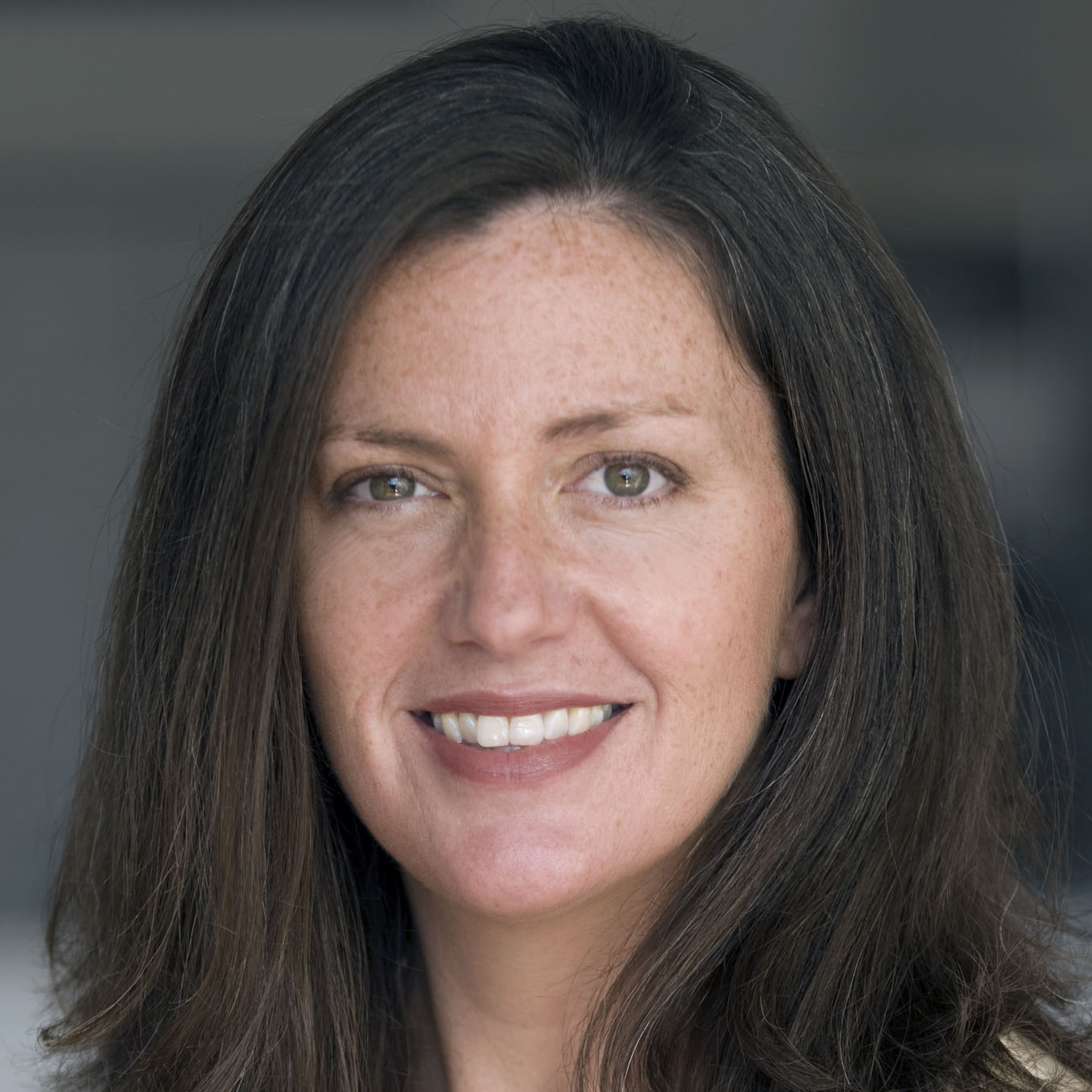
“Community-centered” approaches to social change are nothing new. “The most affected are the most effective,” Christiano says. They offer tips such as trying to connect a nonprofit’s messaging to conversations that are already happening in the broader culture and finding respectful ways to tap into the stories of those your organizations seeks to help. They present four questions to help develop an effective communication strategy-a “back-of-the-envelope” framework they also outlined in an article for SSIR.Ĭhristiano holds the Frank Karel Chair in Public Interest Communications at University of Florida College of Journalism and Communications and is director of the school's Center for Public Interest Communication, where Neimand is research director.
#Nonprofit leadership podcast kathleen janus notes how to
Using insight from systems thinking and social, behavioral, and cognitive science, Ann Christiano and Annie Neimand describe how to craft stories and multimedia experiences that disrupt bias and drive social change. It requires a careful examination of words, images, ideas, and narrative framing. Ĭommunication strategy can’t be an afterthought for organizations that want to fully embrace diversity, equity, and inclusion. On our next episode, you’ll hear from Cecilia Conrad, who leads 100&Change, to get the grantmaker’s perspective. In this episode, Priss Benbow, a fellow at Stanford’s Distinguished Careers Institute, speaks with Sherrie Westin, president of Global Impact and Philanthropy at Sesame Workshop, about the process of applying to a “big bet” grant competition, developing new culturally appropriate Sesame Street characters, and how the two partner organizations will measure program impact. The grant supports programming to educate young children displaced by conflict and persecution in the Middle East. In 2018, Sesame Workshop, the nonprofit that produces Sesame Street and other children’s educational programs, was named the winner in partnership with the International Rescue Committee. MacArthur Foundation, launched 100&Change-a new grant competition, to award $100 million to an organization with the best proposal to help solve a critical social problem.

They cover the ins and outs of running a big bet competition, addressing the lack of diversity in philanthropic big bets, and a new spinoff organization working to match donors with promising proposals for social change. In this episode, Priss Benbow, a fellow at Stanford’s Distinguished Careers Institute speaks with Cecilia Conrad, managing director at the MacArthur Foundation, who leads 100&Change. MacArthur is now accepting applications for a second $100 million grant. The foundation awarded the grant to Sesame Workshop, the nonprofit that produces Sesame Street and other children’s educational programs, in partnership with the International Rescue Committee. MacArthur Foundation, launched 100&Change-a new grant competition, that would award $100 million to an organization with the best proposal to help solve a critical social problem. “That person doesn’t have to be a technologist” but they need to understand how data can help solve social problems. Scaling up the social sector's data capacity requires champions at every level, be that a school district, state government, or national network, Razvi says. In this recording from our 2019 Data on Purpose conference, Kevin Miller, civic technology manager from the Microsoft Cities Team, Aman Ahuja, a data consultant, Kathryn Pettit, principal research associate at The Urban Institute, and Kauser Razvi, principal of Strategic Urban Solution, share their advice and concerns, emphasizing the importance of building a data culture over technical expertise. And for another, they should build their data strategy around deeper strategic goals as opposed to funding opportunities. Additionally, you can sign up for our Daily or Weekly newsletters to receive these top-ranked articles right in your inbox, or you can sign up to be notified when new resources like webinars or ebooks are available.What can help the social sector go big on data in the right ways? For one, organizations should stop underestimating their capabilities.

We use reader data to auto-curate the articles, meaning that the most valuable resources move to the top. Nonprofit Technology is a collection of the leading industry thought leadership in the form of blogs, webinars, and downloadable resources, on one convenient website. Have resources to share? Submit Your Own!


 0 kommentar(er)
0 kommentar(er)
